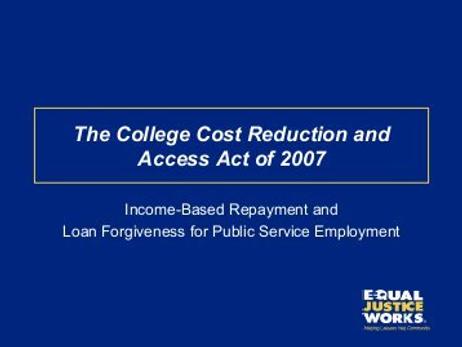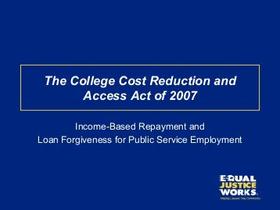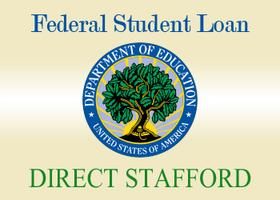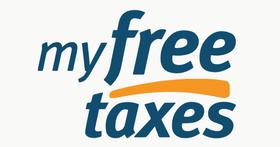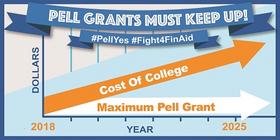Although community colleges are significantly more affordable than four-year institutions, tuition, administration fees, living costs, and book expenses can add up quickly. Unfortunately, according to 2008 research conducted by the Project on Student Debt, one out of 10 community college students cannot access federal student loans. For these students, Pell Grants often become the primary source of education funding.
However, if your community college offers federal student loans – which the majority of large, public, non-rural campuses do – then you may want to consider federal work-study (FWS) programs, which are also known as Formula Grants.
Unlike other forms of financial aid that are strictly given as grants and loans, the work-study program helps fund your education through your working efforts. The federal government provides your community college with specific grants, and then your campus works with community and nonprofit organizations to create job opportunities for qualified students. You are paid an hourly wage for your work, which is typically higher than the minimum wage.
The advantages of work-study programs
Garnering real-life experience
Attending community college prepares you for the real world, and with a work-study program, you can take that preparation to the next level. Due to the supply of work-study jobs, you are essentially “guaranteed” a job if you qualify for the FWS program. Due to employers' significant incentives, you are more likely to be hired for your job of choice under the FWS program.
Graduating from college with a degree is no longer sufficient for


